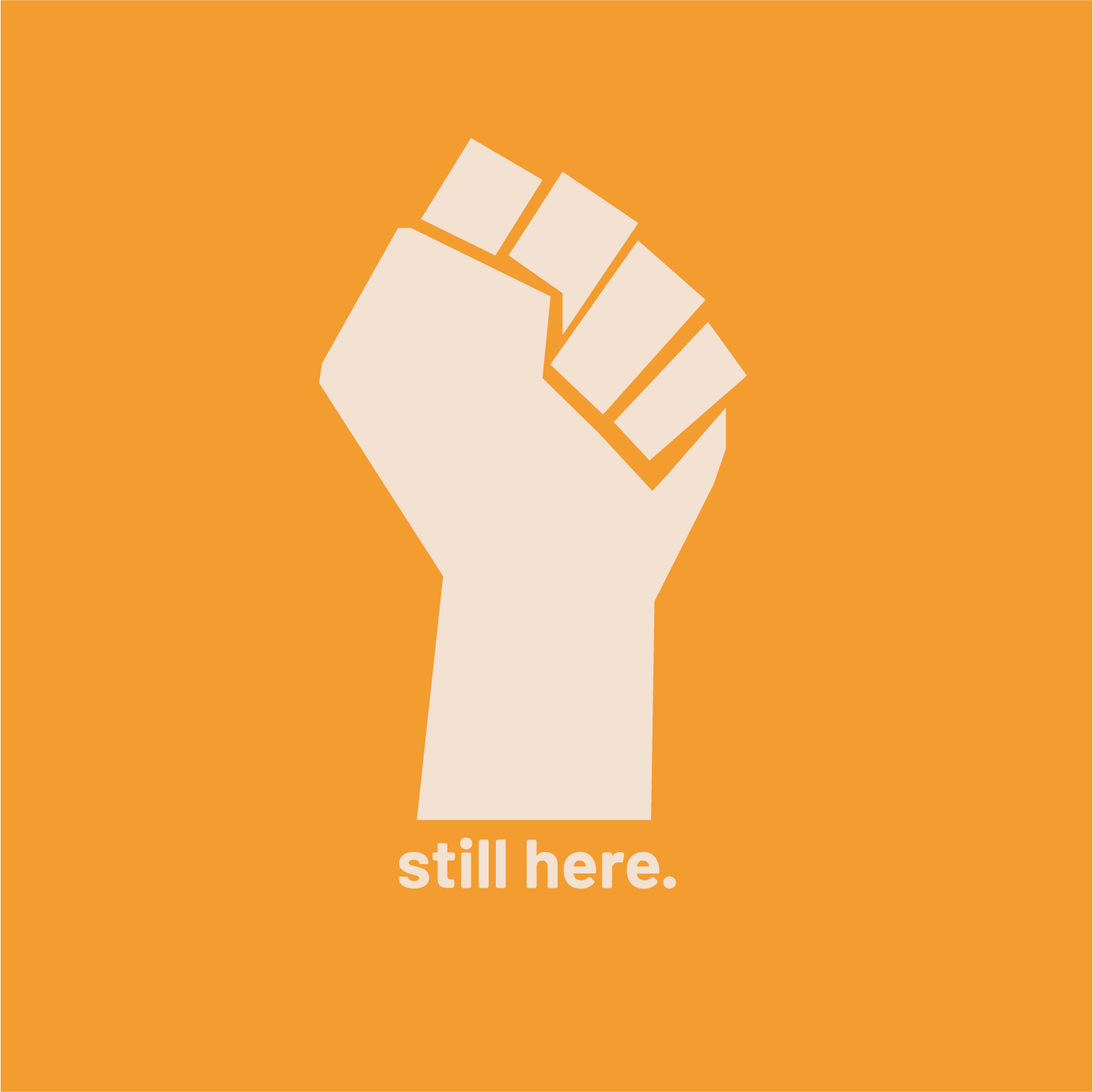FOR IMMEDIATE RELEASE Tuesday, August 4, 2020
Contact: Patrick Hiller; patrick@jubitz.org
War Prevention Initiative: “75 years ago Hiroshima and Nagasaki were hit by US atomic bombs. We must remember the past to make progress toward eliminating nuclear weapons”
PORTLAND, OR – This week we commemorate 75 years of immense harm and suffering caused by the atomic bombs detonated over Hiroshima and Nagasaki. The hibakusha – those who survived the bombings – continue to share their stories. We must listen to remember the terror of what happened on August 6 in Hiroshima and August 9 in Nagasaki. We must honor the hibakusha who have stood at the forefront of the movement to eliminate nuclear weapons for seven decades. Honoring and thanking the hibakusha is not enough. We rise with them and strongly support their call to eliminate nuclear weapons. We have done so humbly but with full dedication by joining the International Campaign to Abolish Nuclear Weapons (ICAN).
The moment is unique. The youngest hibakusha are now 75 years old. We owe it to them to end the threat of nuclear weapons in their lifetime. We have the momentum to end the age of nuclear weapons and the legal framework to do so in the Treaty on the Prohibition of Nuclear Weapons (TPNW). 40 nations have ratified the treaty which will become international law when 10 more join. The TPNW will reach a historic 50 ratifications by the end of this year. The TPNW already has impact with financial institutions divesting from nuclear producers. Yet, nine countries still hold the threat of more Hiroshimas and Nagasakis over our heads every day. “We refuse to accept a narrative on keeping nuclear weapons that essentially implies ‘we are OK with what happened 75 years ago happening again,’” said Patrick Hiller, Executive Director of the War Prevention Initiative. “As long as nuclear weapons exist, we cannot speak about authentic security at a global level. No one is safe, until all are safe. The hibakusha know they are witnessing a new nuclear arms race and they know how this ends. Instead of risking the lives of millions and making the planet inhabitable for many, we must redirect resources to where they are needed. The Covid-19 global pandemic has made this clearer than ever”, says Hiller.
The US spent $35.1 billion on nuclear weapons in 2019, or 300,000 beds in intensive care units, 35,000 ventilators, and the salaries of 75,000 U.S. doctors and 150,000 U.S. nurses. In our home state of Oregon, taxpayers are paying $211.73 million in tax dollars for nuclear weapons and associated costs. That money could have paid for 5.89 million Coronavirus tests for 1 year, or 7,057 hospital stays for Covid-19 patients for 1 year, or 62.27 million N95 respirator masks for 1 year, or 14,703 monthly relief payments of $1,200 for 1 year.
It is time to get our national priorities right. We must demand from our government to stop investing billions in weapons that are incompatible with life on earth and the planet. We must demand ending the nuclear threat.
Please join us for a week of global virtual events at https://www.hiroshimanagasaki75.org/. We urge you to support the International Campaign to Abolish Nuclear Weapons. Under the hashtag #stillhere, we honor the survivors and acknowledge that the weapons are still here.
Our work is not done until nuclear weapons are gone, and communities affected by their testing, production and use are receiving justice.
The War Prevention Initiative aims to is to transform the global peace and security paradigm to one that is built around viable alternatives to war and all forms of political violence.
***
For further comment or questions, please contact Patrick Hiller, Ph.D., War Prevention Initiative’s Executive Director at patrick@jubitz.org.

